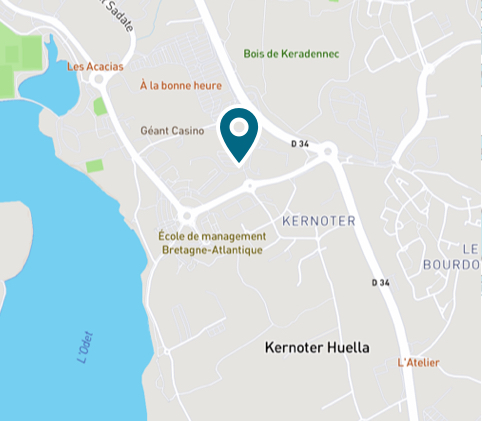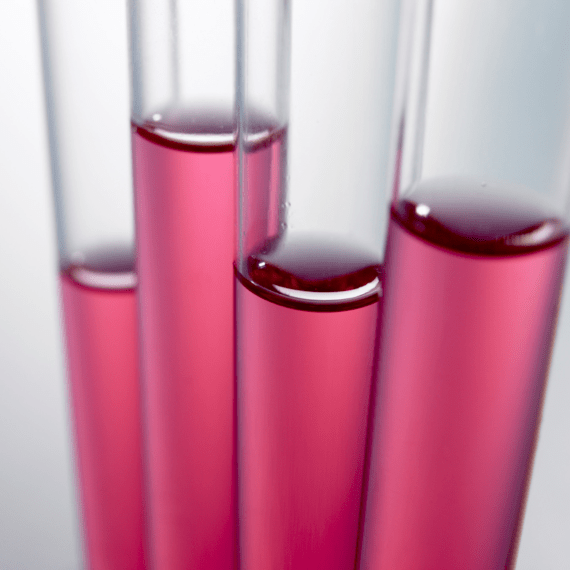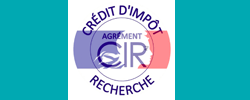ADRIA, expert laboratory in the validation of rapid methods in microbiology
To accelerate the pace of production, the food industries can use rapid kits for their microbiological analyses, but these must necessarily have performances similar to those of the standardized reference methods. Intervening at the end of the rapid kit development process, ADRIA is an internationally recognized expert laboratory for the validation of alternative methods in microbiology and their certification with NF VALIDATION (AFNOR), MicroVal or AOAC-RI.
Validation of alternative methods: what do the regulations say?
Under European regulations, food business operators are responsible for the safety (harmlessness) and wholesomeness (absence of spoilage) of the products they market. They must comply with microbiological criteria defined in European regulation CE 2073:2005. This regulation recommends the use of standardized reference methods or validated alternative methods to assess these criteria. The ISO 16140 series of standards and particularly ISO 16140-2 (2016) define the validation protocol for alternative (commercial) methods in food microbiology. The validation study determines the performance criteria of a method and provides proof of its equivalence with a reference method. The ISO 16140-2 study was initiated by players in the diagnostics industry, but to be recognized by certification bodies such as AFNOR-Validation (for AFNOR certification) or MicroVal (for Lloyd’s register), it must be carried out by an independent expert laboratory, such as ADRIA.
how are validation studies of alternative methods carried out?
Validating a method means proving that its performance actually meets a given objective. For example, a method for detecting Salmonella in food intended for human consumption should be able to detect a single cell in a sample. For a so-called “alternative” method, the validation study will also have to prove that the performance is equivalent to that of a “reference” method implemented in parallel on similar samples. Reference methods are usually methods published in the form of national or international standards.
The protocol described by ISO 16140-2 (2016) for the validation of alternative methods takes place in two phases: the comparative study of methods and the interlaboratory study. The performance characteristics assessed are different for qualitative and quantitative methods.
625 / 5 000 Résultats de traduction Résultat de traduction Qualitative methods will be characterized by their sensitivity and level of detection. Sensitivity assesses the ability of a method to detect the target microorganism under difficult conditions, for example in the presence of growth inhibitors or PCR, or in a scenario where the target is very weakly present or even stressed. The level of detection (LOD) corresponds to the minimum level of contamination that the method is capable of detecting with a given probability (generally 50%). The LOD will be compared to that of the reference method to give a relative level of detection (RLOD).
Quantitative methods will be characterized by their relative trueness and accuracy profile. Relative accuracy assesses the closeness between the counts given by the two methods. The accuracy profile proves that the bias of the alternative method remains reasonable regardless of the level of contamination of the food.
248 / 5 000 Résultats de traduction Résultat de traduction For both types of methods, inclusivity (ability to detect or enumerate the target taking into account its taxonomic diversity) and exclusivity (absence of false positives caused by non-target microorganisms) are also tested.
The comparative study is entirely carried out by the expert laboratory. The interlaboratory study involves the expert laboratory and collaborators representative of the diversity of laboratories at national, European or international level. These collaborators implement the method on identical samples to characterize the variability that can exist under normal conditions of use of a method.
Trust ADRIA for the validation of alternative methods
Since the late 1990s, ADRIA has supported the diagnostics industry in the validation of rapid microbiological test kits. ADRIA is now a recognized independent expert laboratory and operates for AFNOR-Validation, MicroVal and AOAC-RI certifications. ADRIA’s success in validation is based on three fundamental elements:
A competent, qualified technical team operating in a complete and structured microbiology laboratory in order to guarantee the traceability of the analyzes from the sample to the test report. The performance of the laboratory and its ability to carry out tests using standardized reference methods is recognized by accreditation (COFRAC Tests No. 1-0144, scope available at www.cofrac.fr)
- A culture collection of over 4700 strains of bacteria, yeasts and molds, the vast majority of which have been isolated from food or production environments and have been characterized at the molecular level.
- A policy oriented towards the quality and scientific relevance of validation studies by reproducing the most realistic contamination situations and/or the most “challenging” conditions possible in order to demonstrate the suitability of a method for the industrial environment .
To discuss with other players in method validation, ADRIA actively participates in the technical offices of NF-VALIDATION (AFNOR) and MicroVal, as well as in the AFNOR standardization commission in microbiology V08B. To enhance its experience over the long term and at the international level, ADRIA mobilizes its employees to represent France (AFNOR) within ISO working groups, in particular the groups:
ISO/TC 34/SC 9/WG 3 “Method validation”
ISO/TC 34/SC 9/WG 19 “Guidelines for conducting challenge tests”
ISO/TC 34/SC 9/WG 16 “Yeasts and moulds”
ISO/TC 34/SC 9/WG 25 “Whole-genome sequencing for typing and genomic characterization”.

ACCREDITATION n°1-0144
SCOPE AVAILABLE ON www.cofrac.fr



